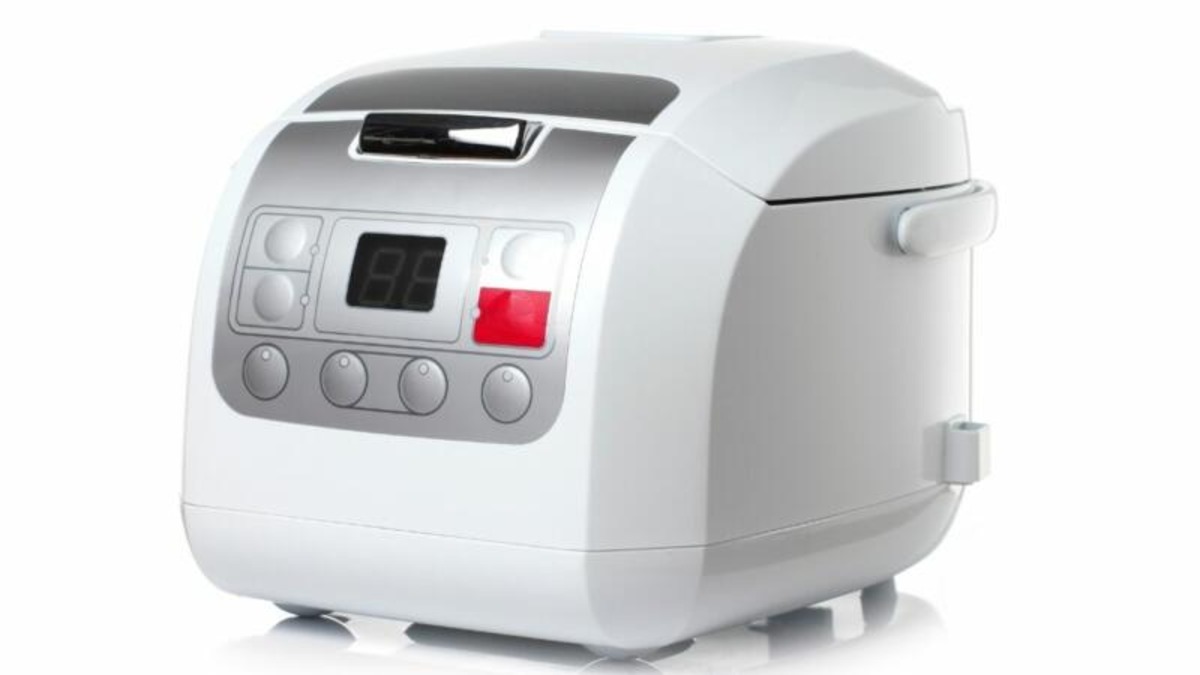

Articles
How Many Watts Does A Rice Cooker Use
Modified: February 29, 2024
Find out how many watts a rice cooker uses in this informative article. Discover the energy consumption of different models and learn how to choose the right one for your needs.
(Many of the links in this article redirect to a specific reviewed product. Your purchase of these products through affiliate links helps to generate commission for Storables.com, at no extra cost. Learn more)
Introduction
Welcome to this comprehensive guide on understanding the wattage of rice cookers. If you have ever wondered how many watts your rice cooker uses, you have come to the right place. Rice cookers have become an essential appliance in most kitchens, as they simplify the cooking process and produce perfect, fluffy rice every time. But have you ever stopped to think about how much energy they consume?
In this article, we will delve into the world of rice cooker wattage and explore the different factors that can affect it. We will also provide you with some useful tips on how to make your rice cooker more energy-efficient. So, sit back, relax, and let’s dive into the fascinating world of rice cooker wattage!
Key Takeaways:
- Understanding the wattage of your rice cooker is crucial for efficient energy usage. Factors like size, functionality, and cooking time can affect wattage, so choose wisely to meet your cooking needs while saving electricity.
- Implement energy-saving practices such as pre-soaking rice, cooking in batches, and choosing the right size to reduce electricity consumption without compromising the quality of your perfectly cooked rice.
Understanding Rice Cooker Wattage
To understand rice cooker wattage, we need to first understand what wattage actually means. Wattage refers to the amount of electrical power consumed by a device. In the case of rice cookers, wattage indicates how much electricity is needed to operate the appliance and cook your rice to perfection.
The wattage of a rice cooker can vary depending on the model and size. Generally, rice cookers have a wattage range of 300 to 1500 watts. The higher the wattage, the more powerful the rice cooker and the faster it will cook your rice.
It’s important to note that the wattage of a rice cooker directly affects its cooking speed. A rice cooker with a higher wattage will be able to cook rice faster than one with a lower wattage. However, it’s also worth mentioning that cooking rice at a slower pace can sometimes result in better texture and flavor.
Additionally, the wattage of a rice cooker can also impact its energy consumption. A higher wattage rice cooker will consume more electricity, which can lead to higher energy bills. On the other hand, a lower wattage rice cooker will consume less electricity, but it may take longer to cook your rice.
Now that we have a basic understanding of rice cooker wattage, let’s explore some factors that can affect it.
Factors Affecting Rice Cooker Wattage
Several factors can influence the wattage of a rice cooker. Understanding these factors can help you make an informed decision when choosing a rice cooker and also optimize its energy consumption.
1. Size and Capacity: The size and capacity of a rice cooker can affect its wattage. Generally, larger rice cookers with a higher capacity will have a higher wattage to accommodate the cooking needs of a larger quantity of rice. Smaller rice cookers, on the other hand, will have a lower wattage.
2. Rice Cooker Functionality: Different rice cookers come with various features and cooking functions. Some rice cookers have additional functions such as steaming vegetables or cooking soups, which may require higher wattage to perform these additional tasks. So, if you opt for a rice cooker with multiple functionalities, be prepared that it may have a higher wattage.
3. Cooking Time: The length of time it takes to cook rice can affect the wattage of a rice cooker. For instance, quick-cooking rice cookers that promise to cook rice in a short amount of time often have a higher wattage. This allows them to generate more heat quickly and cook the rice faster.
4. Cooking Temperature: The temperature at which rice is cooked also plays a role in determining the wattage of a rice cooker. Some rice cookers give you the option to cook rice at different temperatures, such as low, medium, or high. Cooking rice at a higher temperature will typically require more wattage than cooking it at a lower temperature.
5. Rice Cooker Material: The material used in the construction of the rice cooker can impact its wattage. Rice cookers made with high-quality materials that provide better insulation and heating capabilities may require lower wattage to achieve the desired cooking results.
Now that we have explored the factors that can affect rice cooker wattage, let’s move on to understanding the average wattage of rice cookers.
When choosing a rice cooker, look for one with a lower wattage if you want to save on energy costs. A rice cooker with a lower wattage will use less electricity to cook your rice.
Average Wattage of Rice Cookers
The average wattage of rice cookers can vary depending on the size, model, and brand. As mentioned earlier, rice cookers typically have a wattage range of 300 to 1500 watts. Here are some common wattage ranges you can expect to find:
- Small Rice Cookers: Small rice cookers with a capacity of 1 to 3 cups generally have a wattage of around 300 to 500 watts. These compact rice cookers are perfect for individuals or small households.
- Medium Rice Cookers: Medium-sized rice cookers with a capacity of 4 to 8 cups usually have a wattage of around 600 to 900 watts. These rice cookers can cater to the needs of small to medium-sized families.
- Large Rice Cookers: Large rice cookers with a capacity of 10 cups or more often have a wattage of 1000 to 1500 watts. These high-capacity rice cookers are suitable for larger families or when cooking for gatherings.
It’s worth noting that these are general wattage ranges, and you may come across rice cookers with wattages that fall outside these ranges. Always refer to the specific product information provided by the manufacturer to determine the wattage of a particular rice cooker.
Now that we have covered the average wattage of rice cookers, let’s explore some energy efficiency tips that can help you reduce their electricity consumption.
Energy Efficiency Tips for Rice Cookers
While rice cookers are convenient and essential kitchen appliances, they can also consume a significant amount of electricity. If you want to reduce the energy consumption of your rice cooker, here are some tips:
- Choose the Right Size: Select a rice cooker that suits your needs. Using a larger rice cooker for smaller quantities of rice will waste energy. Conversely, using a smaller rice cooker for larger quantities may lead to undercooked or unevenly cooked rice.
- Measure the Water Correctly: Follow the recommended measurements for rice and water to avoid excess water and long cooking times. Too much water can increase the cooking time and electricity usage.
- Pre-soaking Rice: Soaking rice for 20-30 minutes before cooking can reduce cooking time and energy consumption. This method allows rice to absorb water and cook more efficiently.
- Cook in Batches: If you need to cook large quantities of rice, consider cooking in batches rather than overloading the rice cooker. This will ensure even cooking and prevent a waste of energy.
- Keep the Lid Closed: Once you start the cooking process, keep the lid closed and avoid unnecessary peeking. Opening the lid releases heat and prolongs the cooking time.
- Utilize the “Keep Warm” Function: Most rice cookers have a “keep warm” feature that maintains the temperature of the cooked rice. Instead of keeping the rice cooker on for extended periods, switch to the “keep warm” setting to save energy.
- Choose Energy-efficient Models: Look for rice cookers with energy-saving features such as automatic shut-off or energy-efficient cooking modes. These models are designed to optimize energy consumption without compromising the cooking performance.
- Clean and Maintain Regularly: A well-maintained rice cooker operates more efficiently. Clean the rice cooker according to the manufacturer’s instructions, removing any buildup that can hinder its performance.
By implementing these energy efficiency tips, you can reduce the electricity consumption of your rice cooker while still enjoying perfectly cooked rice.
Now that you are equipped with knowledge on rice cooker wattage and energy efficiency, let’s wrap up this comprehensive guide.
Read more: How Many Watts Does A Projector Use
Conclusion
In conclusion, understanding the wattage of your rice cooker can help you make informed decisions about its usage and efficiency. Rice cookers come in various wattage ranges, depending on their size, capacity, and features. The average wattage of rice cookers ranges from 300 to 1500 watts, with smaller cookers having lower wattages and larger ones having higher wattages.
Factors such as size, functionality, cooking time, temperature, and material can affect the wattage of a rice cooker. It’s important to consider these factors when selecting a rice cooker to ensure it meets your cooking needs and energy preferences.
To maximize energy efficiency when using a rice cooker, follow simple tips such as choosing the right size, measuring water correctly, pre-soaking rice, cooking in batches, keeping the lid closed, utilizing the “keep warm” function, choosing energy-efficient models, and regularly cleaning and maintaining the rice cooker.
By implementing these energy-saving practices, you can reduce the electricity consumption of your rice cooker without compromising the quality of your cooked rice. It’s not only beneficial for your energy bills but also for the environment.
We hope this comprehensive guide has provided you with valuable insights into rice cooker wattage and energy efficiency. Remember to consider the wattage of your rice cooker and apply the tips mentioned to make the most out of this essential kitchen appliance.
Happy cooking!
Frequently Asked Questions about How Many Watts Does A Rice Cooker Use
Was this page helpful?
At Storables.com, we guarantee accurate and reliable information. Our content, validated by Expert Board Contributors, is crafted following stringent Editorial Policies. We're committed to providing you with well-researched, expert-backed insights for all your informational needs.
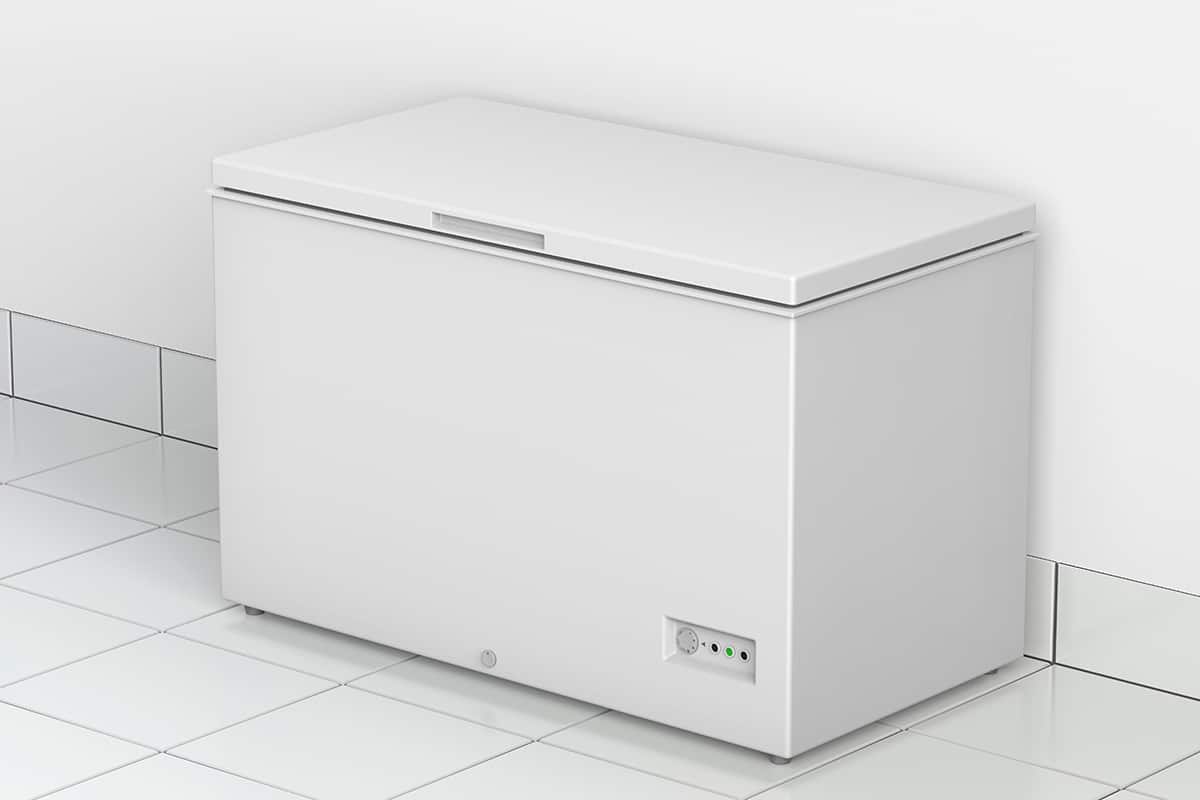
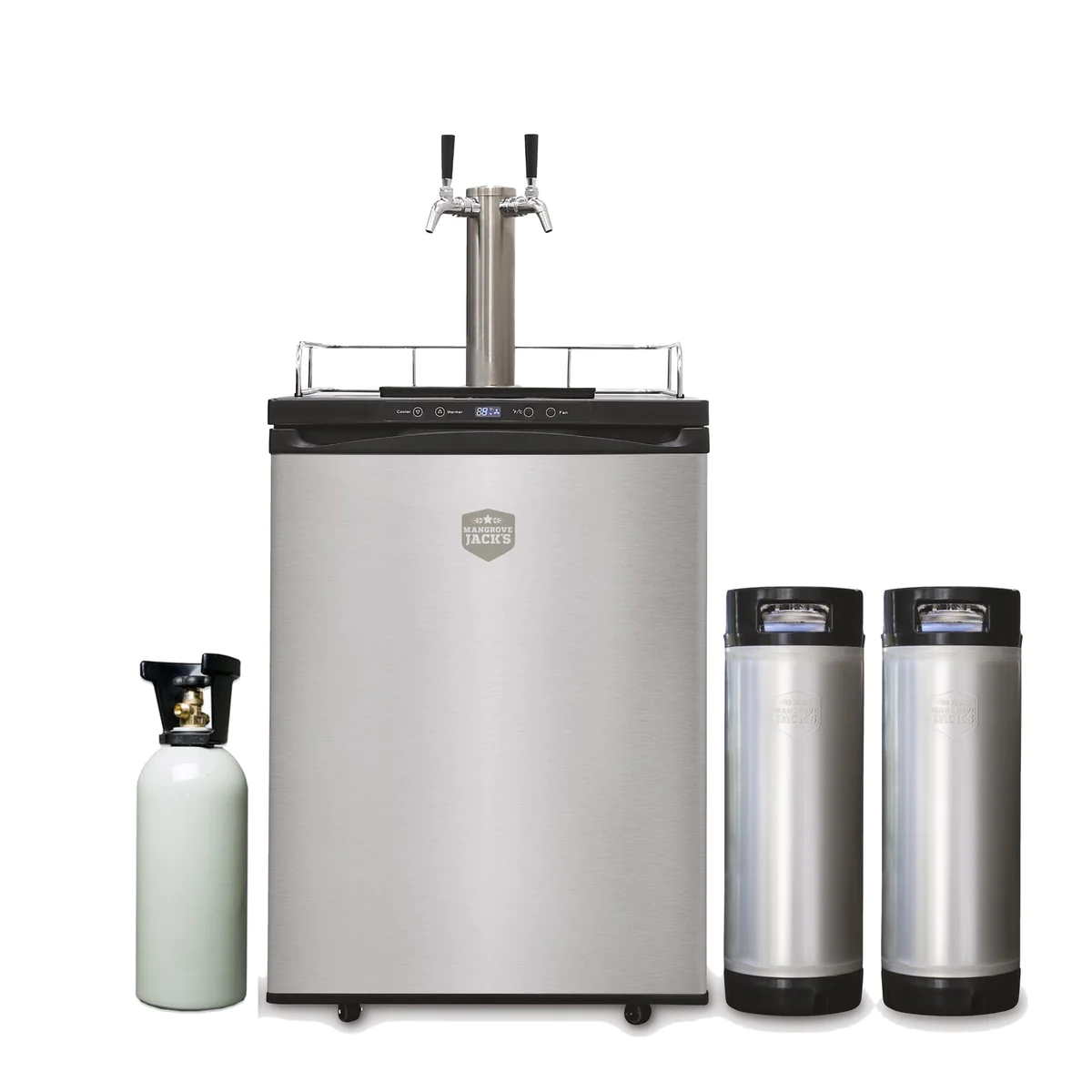
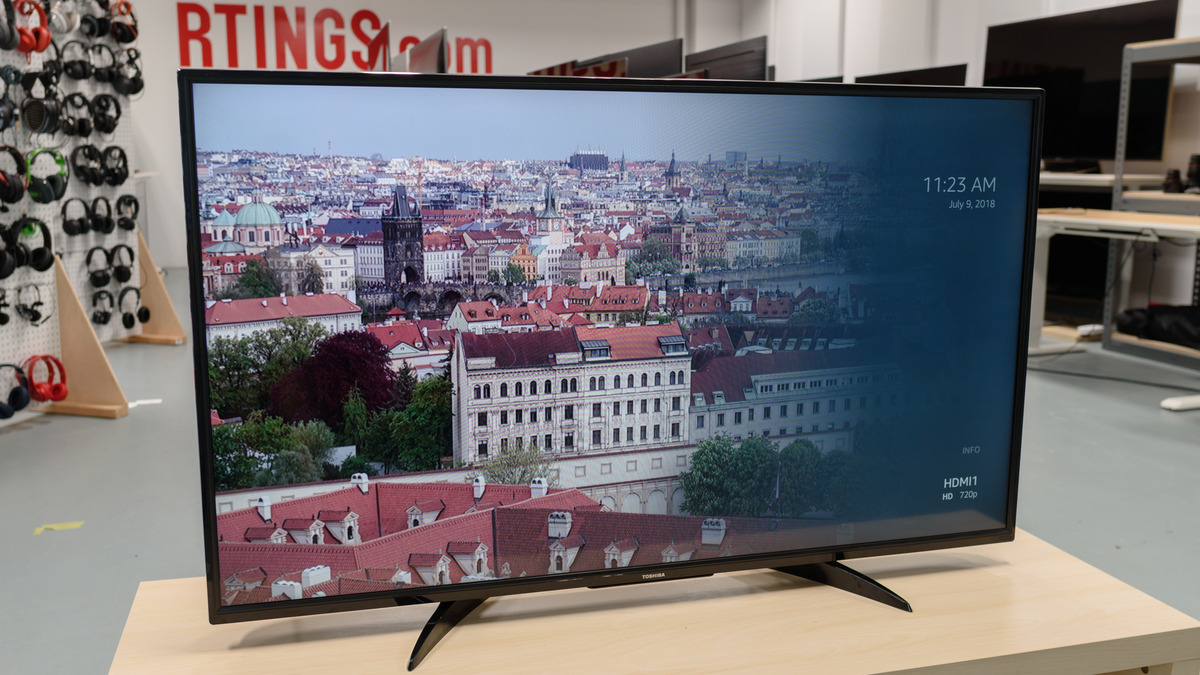
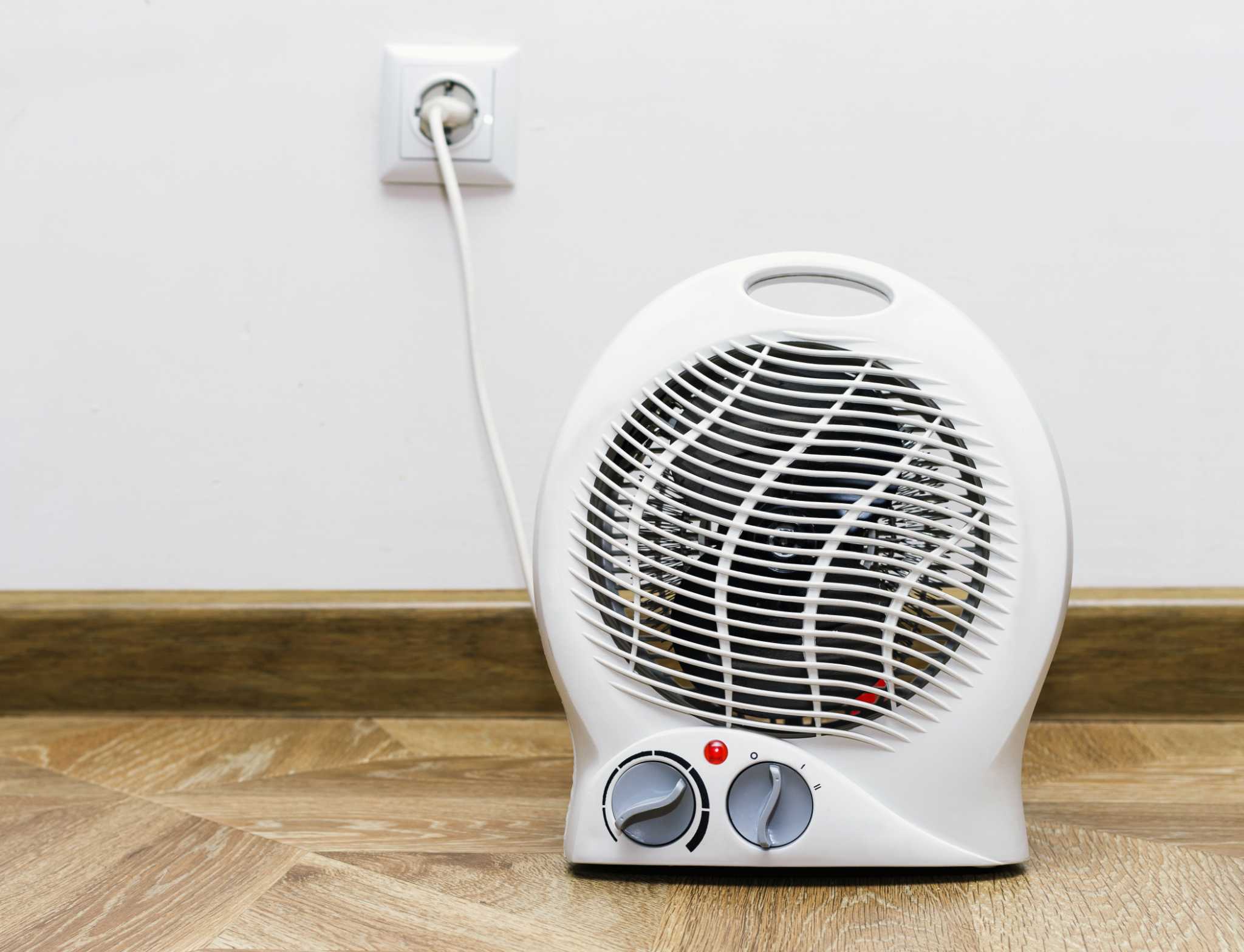
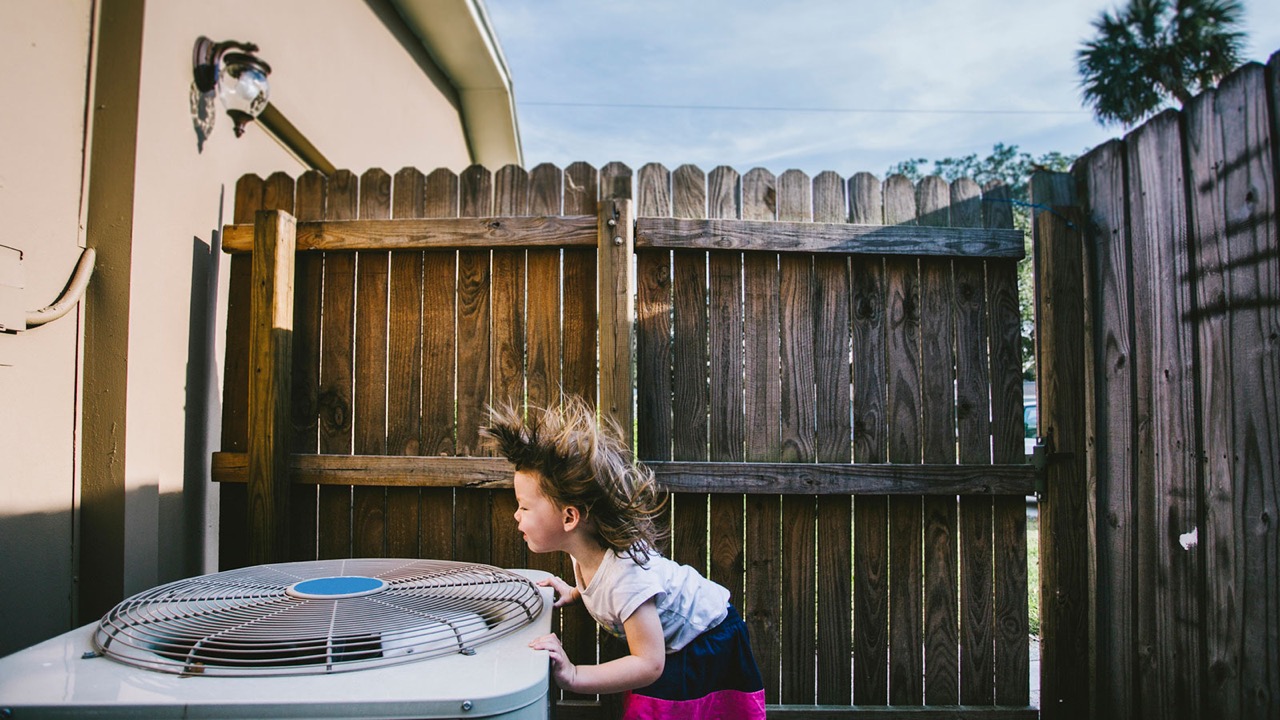
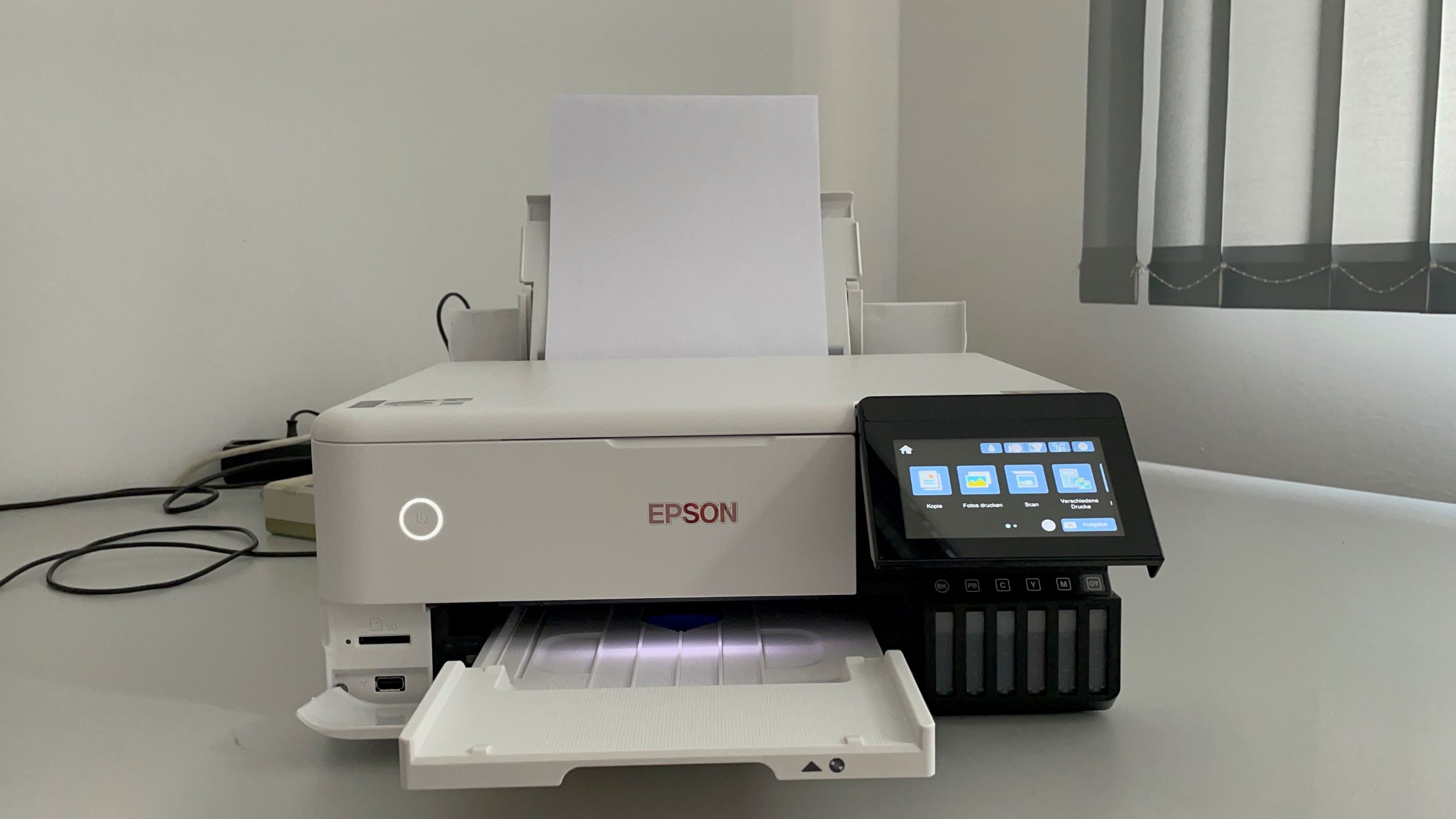
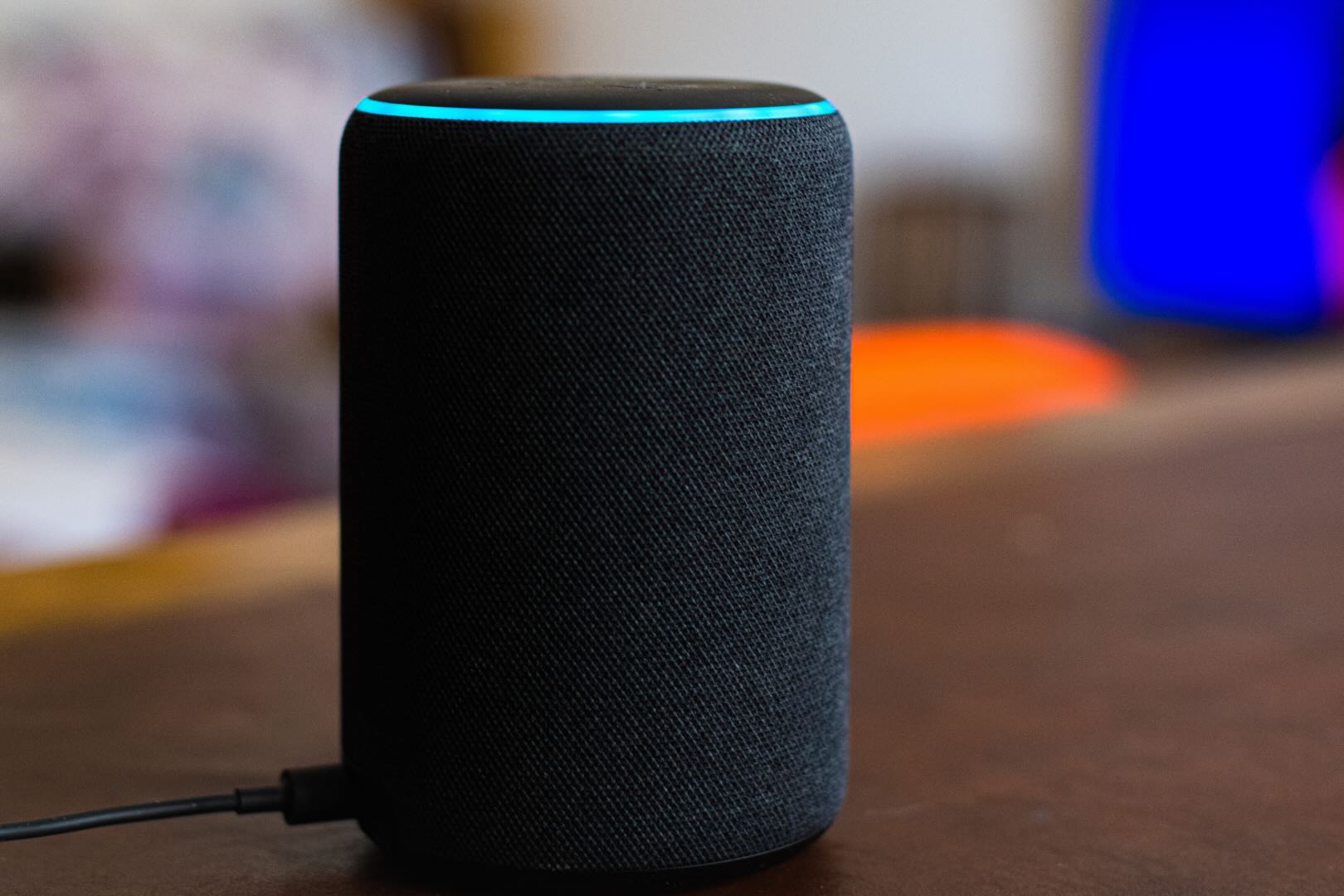
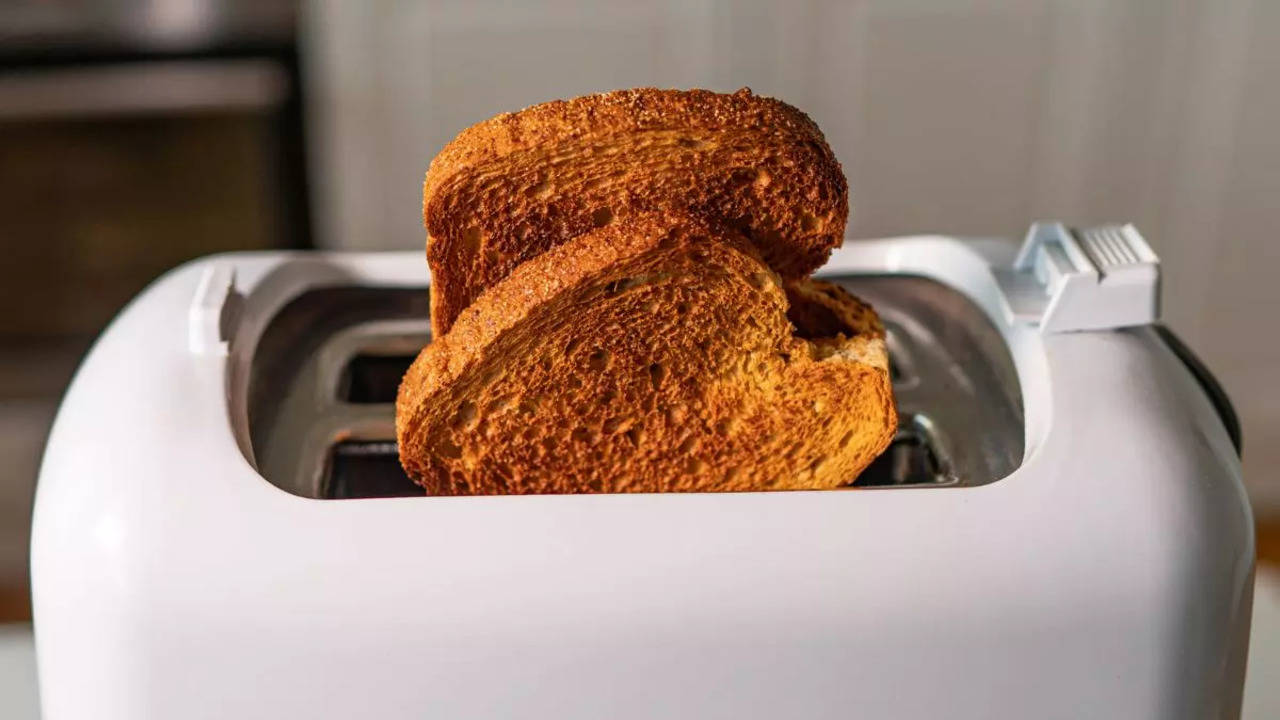

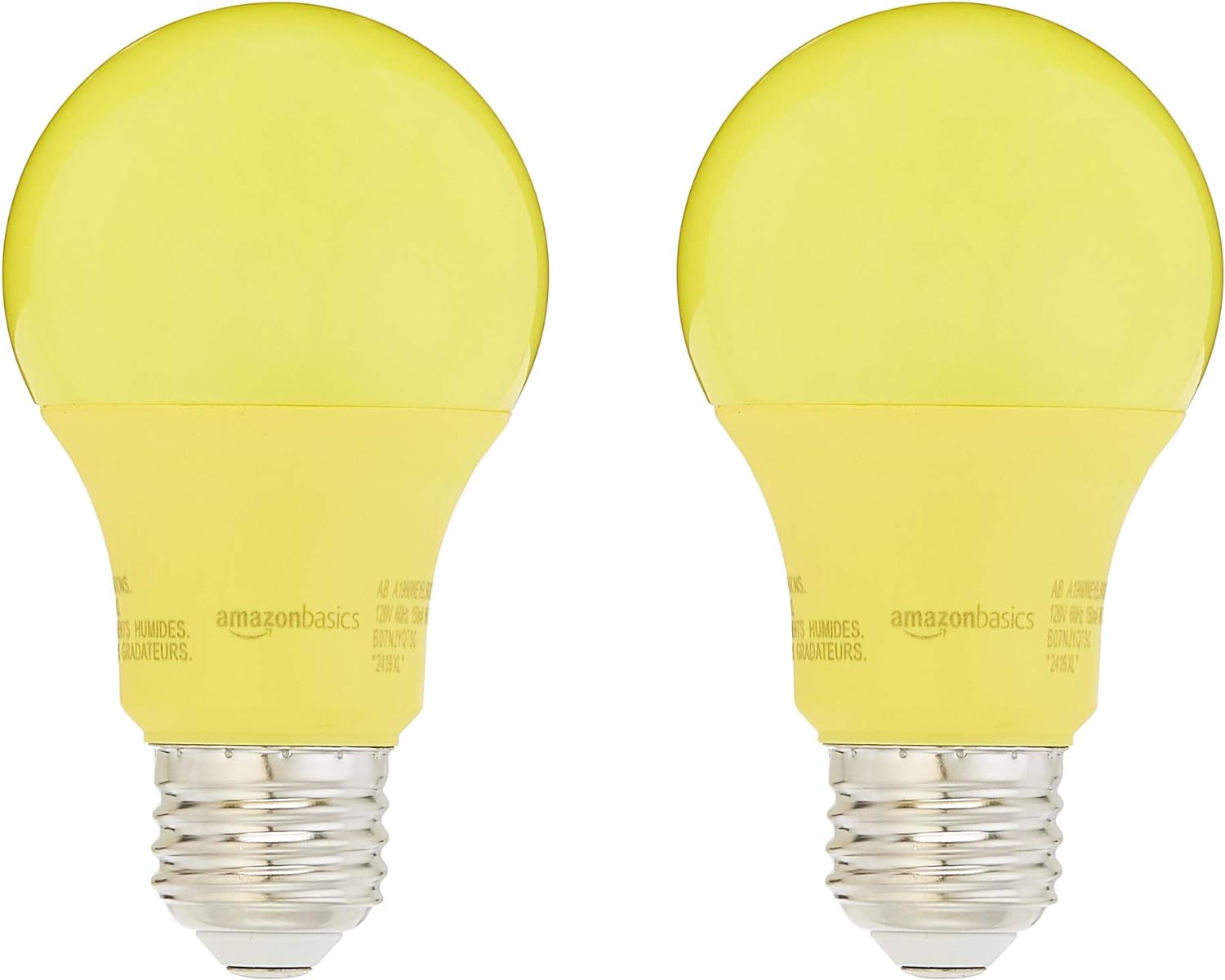
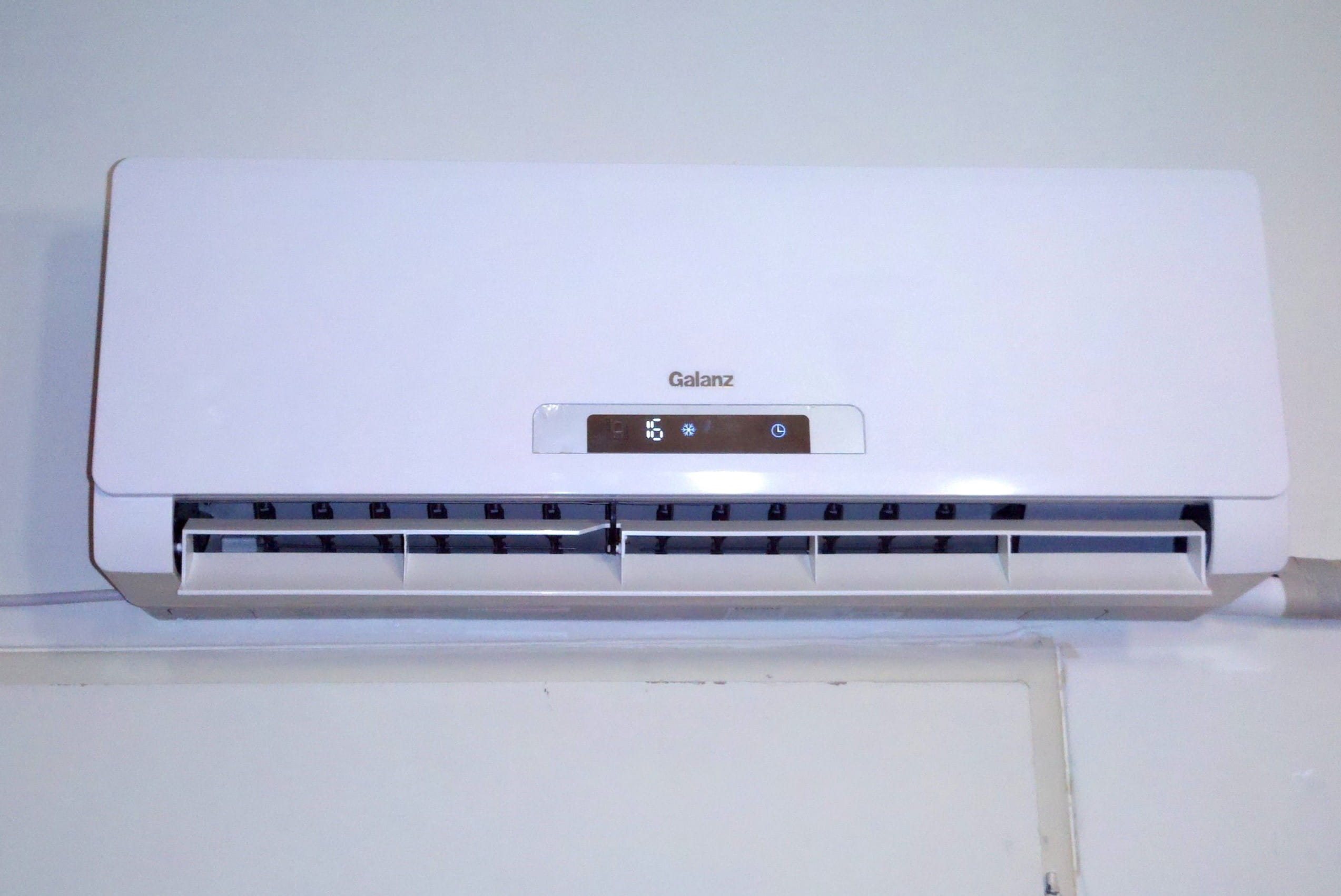
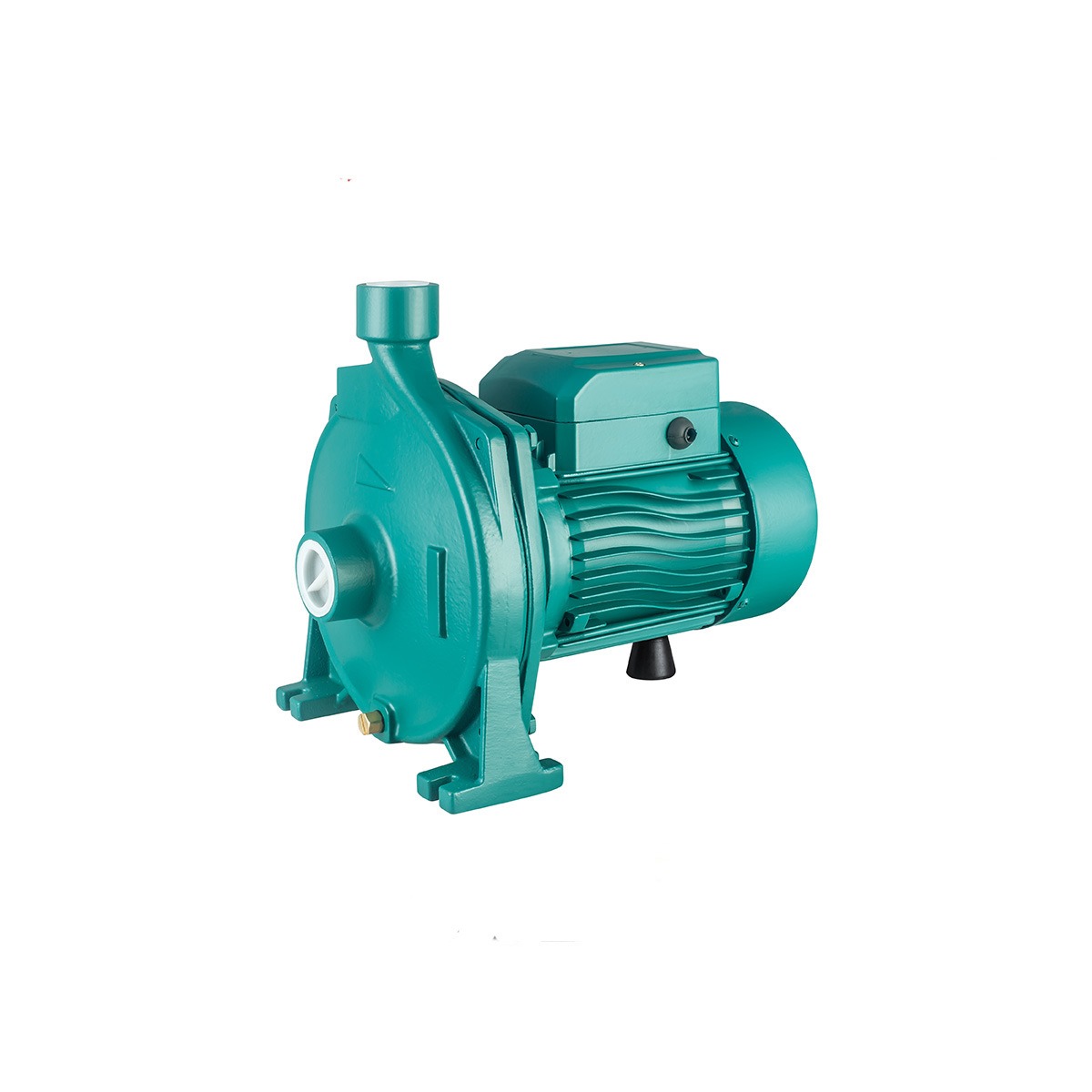
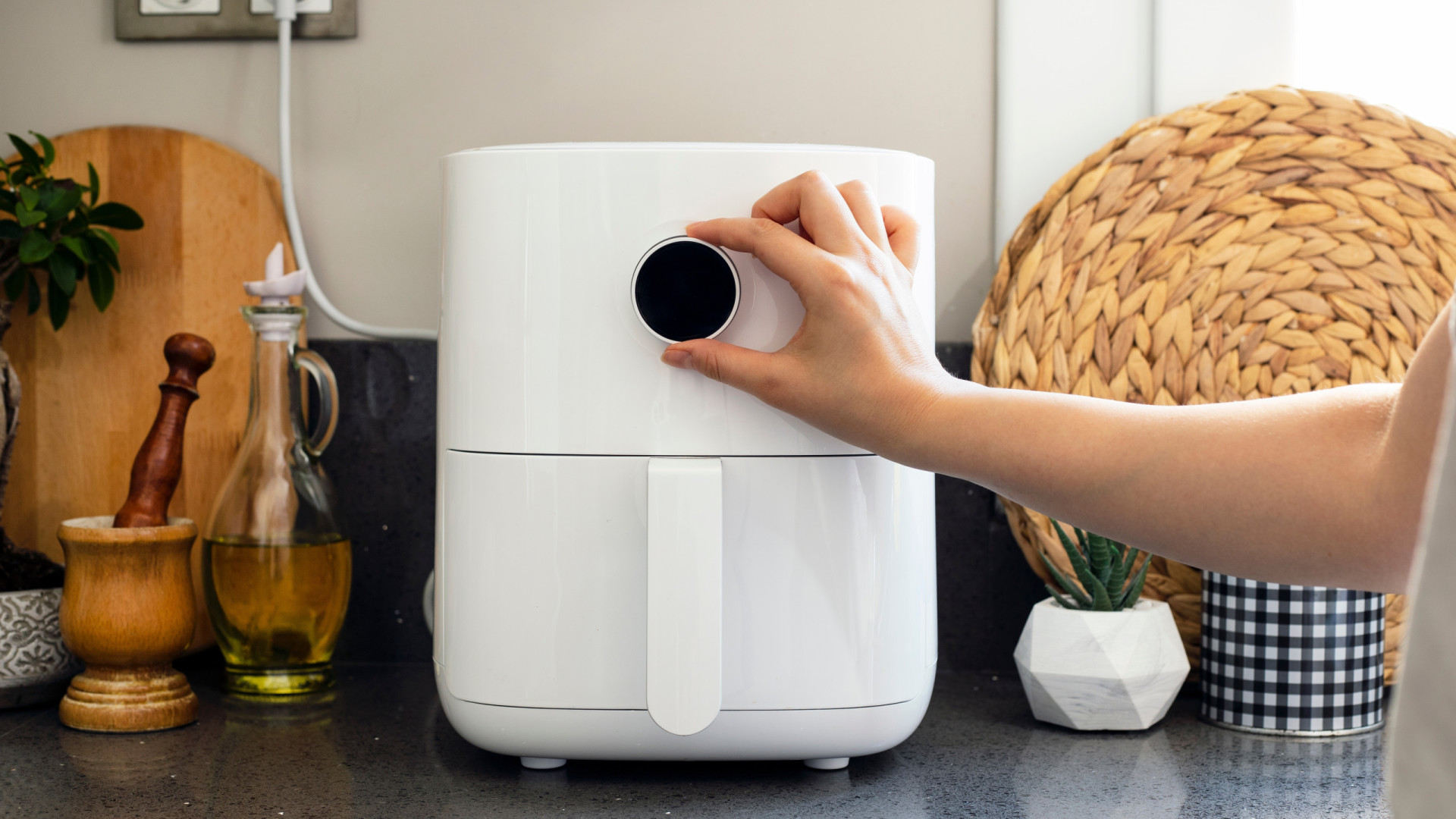
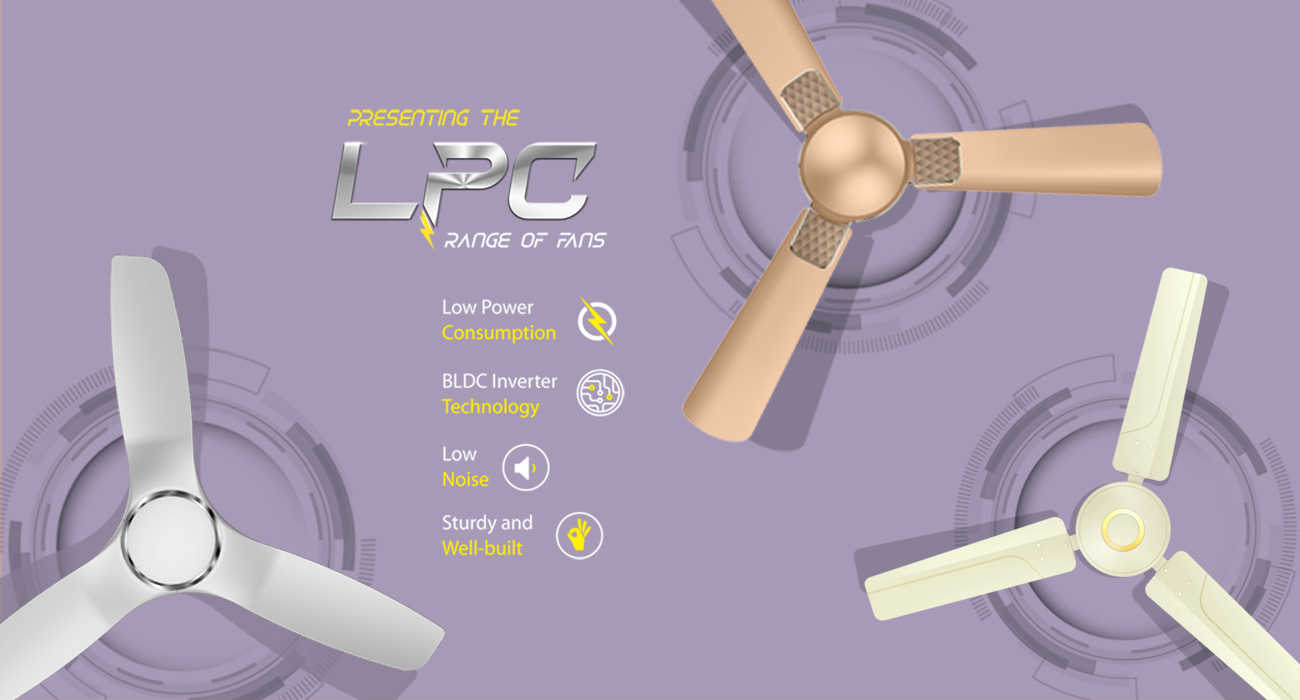

0 thoughts on “How Many Watts Does A Rice Cooker Use”